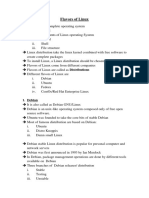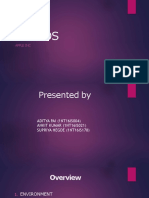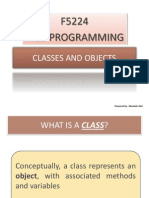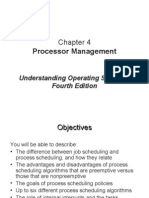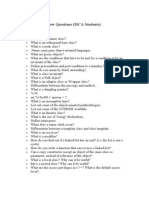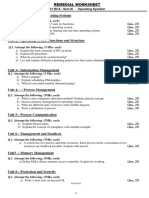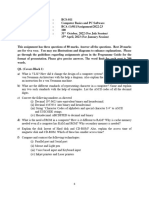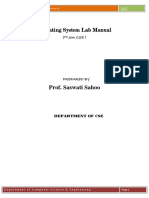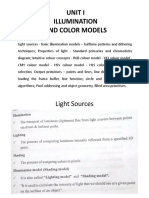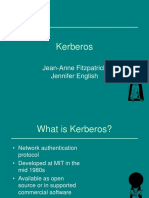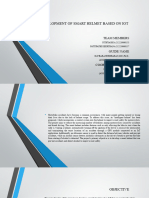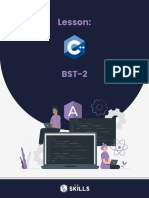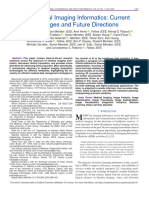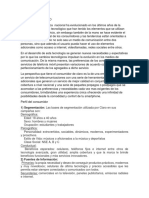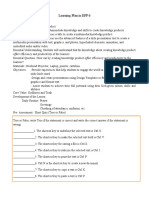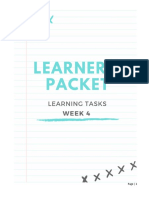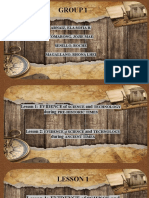0% found this document useful (0 votes)
55K views1 pageCap560:Operating System: Course Outcomes
This document outlines a course on operating systems that covers key concepts over 6 units. The course aims to describe essential operating system elements and types, teach process and memory management skills, and interpret techniques for improving efficiency. Topics include processes, CPU scheduling, process synchronization, deadlocks, memory management, protection, and disk management. The textbook is Operating Systems Concepts by Silberschatz and Galvin.
Uploaded by
AdviCopyright
© © All Rights Reserved
We take content rights seriously. If you suspect this is your content, claim it here.
Available Formats
Download as PDF, TXT or read online on Scribd
0% found this document useful (0 votes)
55K views1 pageCap560:Operating System: Course Outcomes
This document outlines a course on operating systems that covers key concepts over 6 units. The course aims to describe essential operating system elements and types, teach process and memory management skills, and interpret techniques for improving efficiency. Topics include processes, CPU scheduling, process synchronization, deadlocks, memory management, protection, and disk management. The textbook is Operating Systems Concepts by Silberschatz and Galvin.
Uploaded by
AdviCopyright
© © All Rights Reserved
We take content rights seriously. If you suspect this is your content, claim it here.
Available Formats
Download as PDF, TXT or read online on Scribd
/ 1


























